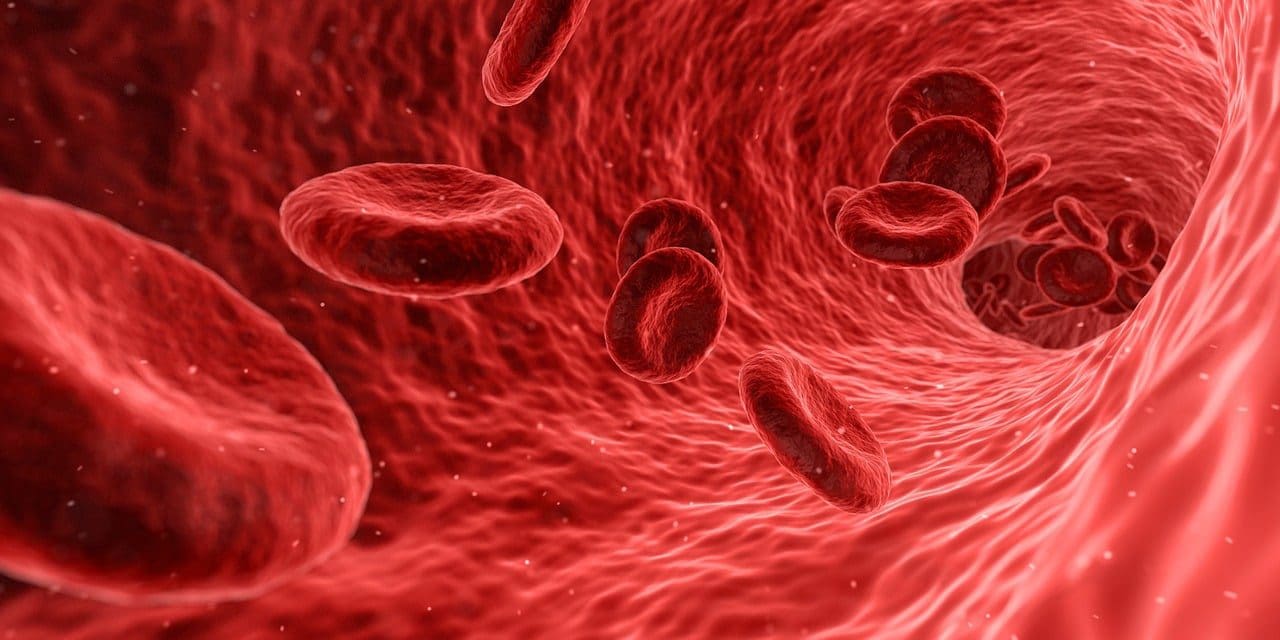Full Disclosure: Clicking on these links could mean a tiny commission for me, at no extra cost to you.
Did you know that stress can have a significant impact on your heart health? Many people underestimate the relationship between stress and the risk of developing heart disease. It’s crucial not to ignore common symptoms that could be related to these issues. By catching them early, you can take proactive steps to prevent more serious conditions down the line. In this article, we’ll dive into ways you can reduce stress levels and protect your heart. It’s all about recognizing potential risks and taking control of your cardiovascular well-being.

Short Summary
- Recognize and manage traditional & non-traditional risk factors to reduce the risk of developing coronary artery disease.
- Understand the role of cortisol, adrenaline, and unhealthy coping mechanisms in increasing heart disease risks.
- Take proactive steps such as exercise & building a support network for reducing stress & protecting your heart health.
Understanding the Connection Between Stress and Heart Disease
The risk of heart disease is increased if one’s blood pressure or cholesterol levels are high, along with the danger posed by traditional factors such as obesity and smoking. Stress-related conditions like depression and anxiety can also cause additional risks. It becomes clear that these non-traditional factors play a significant role in shaping an individual’s overall cardiovascular well-being.
Stress contributes significantly to inflammation within arteries, which increases the likelihood of serious medical problems, including stroke, chest pains, heart attack, etc. The physiological effects on the organ consist of activation of the HPA axis biological changes that increase sympathetic nervous activity while decreasing PNS activity.
It is important to manage both traditional non-traditional elements well to maintain good condition and protect your well-being. This includes paying attention to recognizing attributes that may cause affecting balance. Not only physical but mental and emotional states, in order to achieve better and more secure prospects future without feeling burdened by uncertain aspects of life.
The Role of Cortisol and Adrenaline
When we are under stress, the body responds by releasing hormones such as adrenaline and cortisol. This increase of these substances in our system can cause heart disease to develop. Adding to the complexity, the amygdala, a key component in this intricate process, triggers an activation response originating from within the hypothalamus. This leads to higher sympathetic nervous system activity while at the same time decreasing parasympathetic activity along with neurohormonal output through something called the HPA axis or Hypothalamic-pituitary-adrenal Axis by use of efferent neurons.
Stress impacts us both physically and emotionally. Recognizing the significance of self-care, it is crucial to be mindful of activities that may do more harm than good. It involves maintaining healthy lifestyle habits while keeping control over our emotional state and avoiding risks associated with long-term changes. This includes incorporating exercise, adopting good nutrition practices, prioritizing adequate rest, managing anxiety, and practicing proper sleep hygiene techniques.
Unhealthy Coping Mechanisms
To improve heart health and reduce the risk of developing related issues, it is important to identify unhealthy habits that are being utilized as coping mechanisms for stress. Things such as eating food, alcohol, or tobacco instead of engaging in physical activity can increase disease-related risks due to their detrimental effects on both mental and physical well-being. Consequently, changing these practices with more efficient means of managing pressure can significantly lower one’s chances for heart disease while boosting overall well-being.
Recognizing the Symptoms of Stress-Induced Heart Problems
When the body goes into flight or fight mode, it releases chemicals that can cause a drastic spike in heart rate and blood pressure. This makes for poor blood circulation, which is why signs of stress-induced heart troubles should be taken seriously – such as chest pain, anxiety, palpitations, and panic attacks. If these symptoms are experienced repeatedly, calling 911 may be necessary to prevent more severe cardiac issues like broken heart syndrome – an event caused by intense emotional distress resulting in serious but usually temporary cardiovascular system dysfunction.
Chest Pain and Palpitations
Feeling stressed or anxious when the body is in danger can lead to chest pains and palpitations. This common reaction, often referred to as ‘fight or flight,’ could involve a rapid heart rate, tightness of the chest area, shortness of breath, and dizziness. To ensure that any underlying causes are detected early on for better prevention. Health problems down the line. Consulting with medical professionals when having continuous racing hearts would be beneficial for overall heart wellness. Monitoring stress levels whilst taking care of physical well-being will improve protection against unnecessary risks connected to anxiety and other related issues causing pain in one’s chest area.
Anxiety and Panic Attacks
Anxiety is an emotional disorder involving fear, dread, and restlessness. Physically it can present itself in sweating or a rapid heart rate. Such symptoms are usually accompanied by tension, excessive worrying, and avoiding specific scenarios. Managing stress through activities like yoga practice or walking meditation must be prioritized for optimal health outcomes related to the heart and mental well-being. This will help minimize the risk associated with anxiety-related conditions, such as cardiac problems.
Strategies for Reducing Stress and Protecting Your Heart
Taking care of our overall health and well-being requires us to use effective strategies to reduce stress levels and prioritize heart health. Prevention is key. By actively engaging in these tactics, you can greatly reduce the risk of developing any form of heart disease and improve your overall quality of life.
Exercise and Physical Activity
Physical activity and regular exercise are significant in promoting heart health by controlling weight, managing cholesterol levels, decreasing blood pressure, and reducing the risk of developing depression, which is one of the primary causes of coronary illnesses. It’s suggested to perform at least 150 minutes per week of moderate-intensity exercises to achieve optimal results with regard to improving cardiovascular strength.
It can also positively affect other aspects like altering cholesterol profiles and lowering hypertension rates, leading to a better quality of life that includes an improved emotional state due to its anti-depressant effects.
Building a Support Network
A reliable support network is critical for attaining good mental health and managing stress. Connections with friends, family members or even joining specialized groups are necessary to establish a strong source of backing that can help reduce tension levels and protect our heart from the damaging effects caused by chronic stress. Being honest about your needs and feelings is vital when establishing such a support system, ensuring you have access to those who are ready to provide emotional assistance when required. Building a strong network helps alleviate pressure and promotes overall psychological well-being.
Using a Mobile Health App
A mobile health app is an excellent way to store and manage relevant health data, track medical information, and provide access to healthcare-related details. An exceptional choice for monitoring heart health is the Cardi Health app. By leveraging advanced technology, the Cardi Health app enables real-time medical information tracking, providing users with valuable insights and personalized recommendations for maintaining a healthy heart
Seeking Professional Help
When feeling symptoms of depression or anxiety, it is a good idea to consider professional assistance from certified experts in the area, such as doctors and therapists. Seeking out their help can provide advantageous resources for personalized recommendations on effectively handling stress levels and promoting overall health.
Taking proactive steps to protect your heart health can drastically reduce the risk of developing stress-induced heart problems. Regular exercise, building a support network, utilizing mobile health apps, and seeking professional help are essential for managing risks associated with stress while promoting overall well-being. Early detection and prevention play an essential role in reducing one’s vulnerability to the threats posed by high anxiety levels – don’t let it take control over your life. Act today towards improving both physical and mental state!








